Over the past years, Majlis Bandaraya Kuching Selatan (MBKS) has been turning some areas across Kuching South into open spaces and parks for its residents.
The Green Space projects are among the council’s notable initiatives for communities under its jurisdiction that focus on environmental sustainability.
They involve establishing at least one open space or park annually, as well as enhancing or maximising the utilisation of existing ones sustainably for social, recreational, and physical activities.
These open spaces or parks will eventually be linked to one another, whether via bicycle tracks or pedestrian walks.
To date, MBKS has developed 227 acres of land into 210 parks. Compared to the total surface area in Kuching South, 0.9188 sq km of which is made up of green spaces.
The most recent was an urban regeneration project, whereby three sites at Kenyalang Park Housing Estate – its traffic garden, recreation garden and green open spaces – had been upgraded.
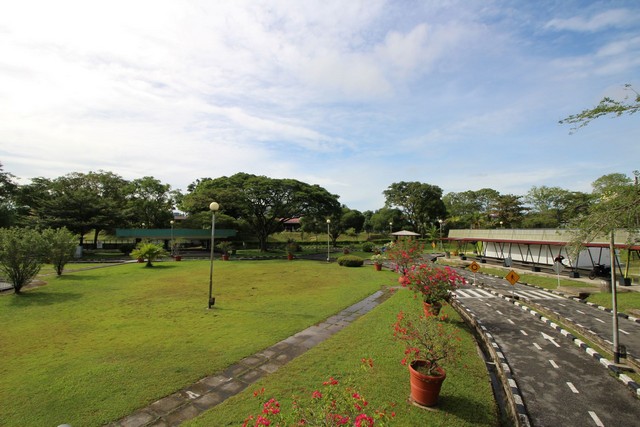
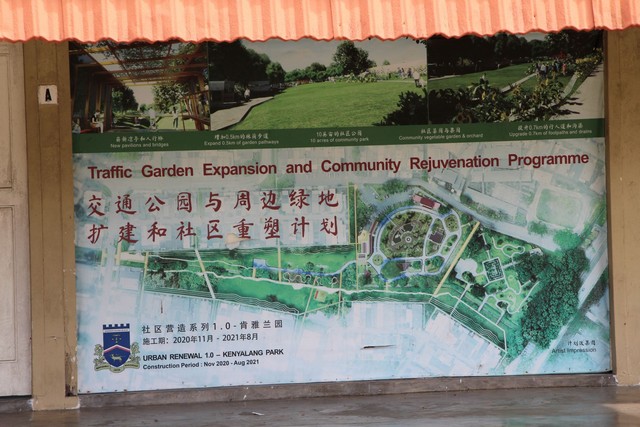
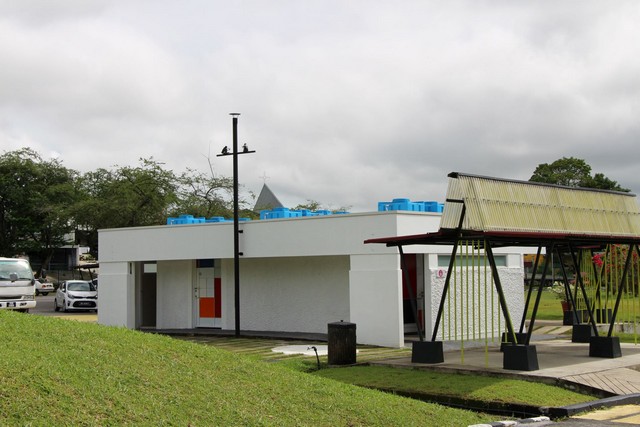
Commenced in November 2020 and completed a year later, it was undertaken to improve the local community’s quality of life by conserving the area’s natural environment, boosting accessibility, and enhancing the open spaces’ functionality.
Specifically, the rejuvenation project, as described by the council, consisted of the following:
- Providing cohesive open spaces with removal of unnecessary fencing, introduction of connectors (pergola) and inclusion of open spaces into a larger park system.
- Improving pedestrian network system with the introduction of entrance pavilions at entry point and pedestrian bridge, integration of connectors with existing footpaths and better connectivity beyond the site.
- Enhancing space usage pattern with provision of open spaces for public and local community activities; play area featuring a playground and play structures as an extension of the existing games court; as well as open ground for active usage and soft landscape (vegetable garden strip, local fruit orchard) for passive usage. The project also re-establishes Traffic Garden and Recreation Garden as a community education hub through the revival of traffic games and introduction of an urban farming centre.
- Upgrading of existing facilities and amenities, such as:
- Revamp toilet to complement a new drop-off point extended from car park and featuring a rooftop greenhouse for hydroponic farming as part of the urban farming centre;
- Renovate sheds to use for bicycles and shelter for visitors;
- Renovate caretaker’s quarter to re-adapt for park offices, security centre and a canteen on the ground floor;
- Extend petrol kiosk to provide shade areas for storage and preparation of composts for the urban farming centre and to promote organic farming; and
- Revamp bandstand to function as open pavilion for talks, briefings and social gatherings.
For MBKS mayor YBhg Dato Wee Hong Seng, efforts to develop or upgrade parks in Kuching South is partially driven by the COVID-19 pandemic, during which people have been more aware of the correlation between the environment and their health.
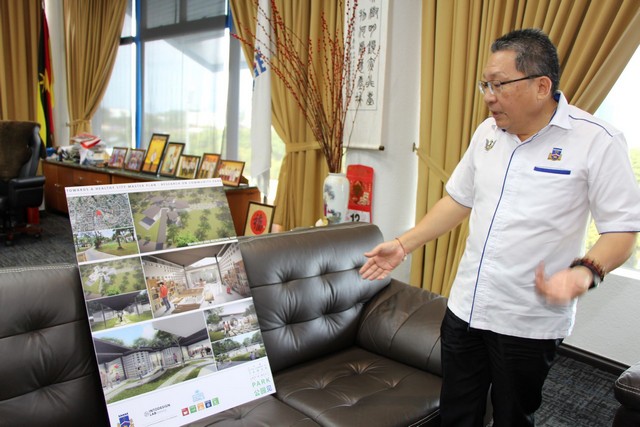
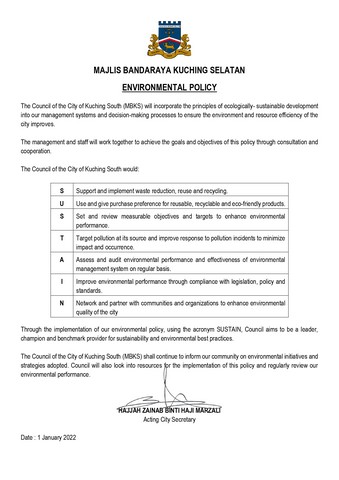
The initiative is thus perceived as a long-term measure by the council to ensure that its residents’ physical and mental well-being are taken into consideration at all times.
“We started to do upgrading on parks, because to have a good lifestyle, you must have good health. To have a healthy city, you must have healthy people. I think that is basic, right?” he says in an interview with RAKAN Sarawak.
He notes that these community parks, as MBKS terms them, will be set up or redesigned to become multi-functional and family-centric for public, private or non-governmental organisations to provide their services and conduct activities.
These open spaces are also expected to benefit the general public by becoming a place for them to lead a healthy lifestyle, appreciate the environment or hang out beyond shopping malls.
Furthermore, Dato Wee believes that these parks can help support Sarawak’s preparation for an ageing society, where they can be avenues for the elderly to move about in order to remain physically active, and interact with their neighbours or other people as a means to stay mentally and emotionally fit.
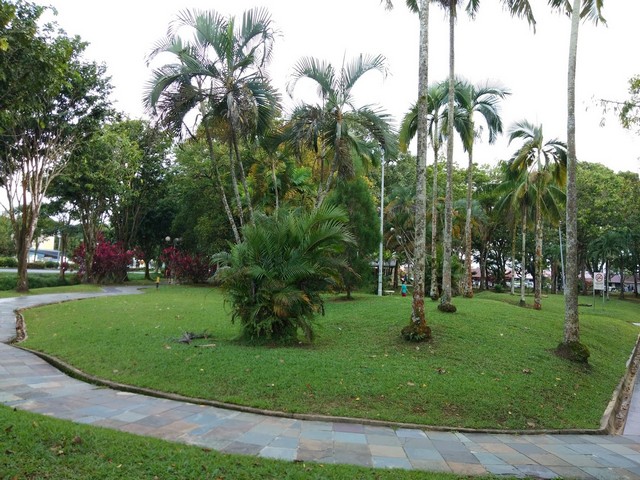
Shifting Perceptions on the Role of a Local Authority
The Green Space projects are part and parcel of Greening the City, a key strategy of MBKS’s environmental management plan (Table 1).
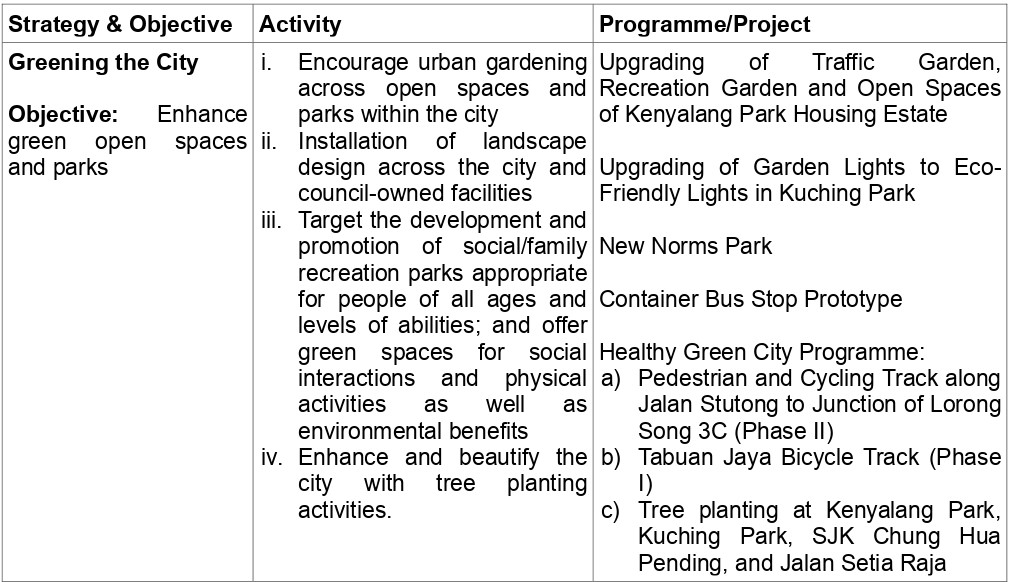
The plan itself is defined by the fourth pillar of the council’s Strategic Plan 2021-2025 – i.e. Environmental Stewardship and Sustainability – which supports the United Nations’ Sustainable Development Goals (SDGs), in particular:
- Goal 3: Good Health and Well-being – Ensure healthy lives and promote well-being for all at all ages
- Goal 11: Sustainable Cities and Communities – Make cities and human settlements inclusive, safe, resilient and sustainable
- Goal 12: Responsible Consumption and Production – Ensure sustainable consumption and production patterns
- Goal 15: Life on Land – Protect, restore, and promote sustainable use of terrestrial ecosystems, sustainably manage forests, combat desertification, and halt and reverse land degradation and halt biodiversity loss
- Goal 17: Partnerships for the Goals – Strengthen the means of implementation and revitalise the Global Partnership for Sustainable Development
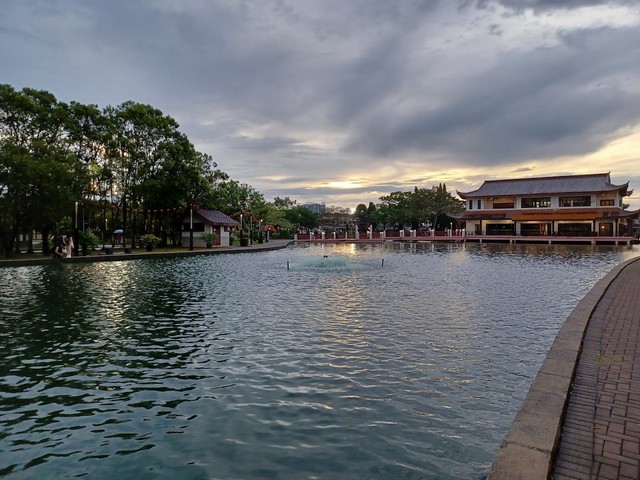
MBKS is also guided by its environmental policy and various environmental regulations when implementing environmental-related programmes and projects, with the end goal of improving the quality of life of residents living in its jurisdiction.
What determines the success of the council’s environmental sustainability endeavour, states Dato Wee, is the drive to shift the mindset of communities and encourage their participation without resorting to penalisation, however small the effort may be at the beginning.
“One very straightforward thing is this: whatever we do now is for the benefit of the people. We do not want to enforce a rule because we need to enforce. If a rule is made without enforcement and it’s successful, then that means we have changed the people’s mindset,” he explains.
Instead, MBKS opts for raising awareness and education among its stakeholders. For instance, prior to implementing a total ban on plastic straws at all eating outlets under its jurisdiction beginning 1 January 2023, the council held a series of engagement with food and beverages operators, where it also recommended to them more eco-friendly alternatives such as paper straws and rice straws.
“It might be one small little plastic straw, but it means a lot because it takes years to (reduce our reliance on it). And I always answer a very simple answer to (food and beverages operators): ‘If you cannot do well with a small thing, do you think you can do better with a big thing?’
“Everything starts small. If it is just a small regulation that people cannot follow and we cannot enforce, then why talk about the big policy that we are having? It is very simple because it’s just changing of people’s habit,” Dato Wee adds.
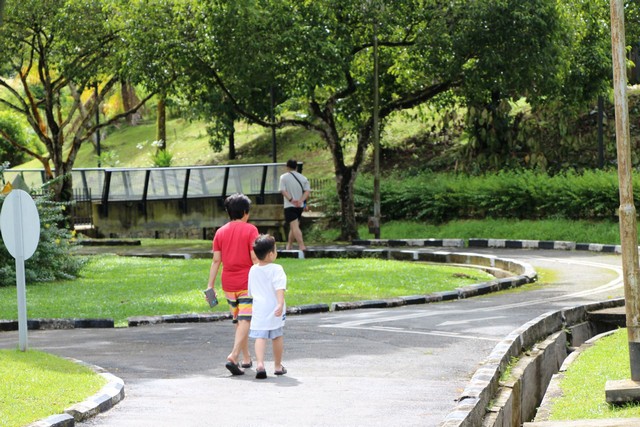
Also crucial is the commitment of MBKS’s staff to ensure that all environmental initiatives carried out is a success. Every month features various programmes and projects proposed by departments within the council; while a programme or project will be headed by one department, the council mayor explains, other departments will lend their support.
Both community engagement and staff commitment in guaranteeing Kuching South’s environmental sustainability has in the long run enabled the council to broaden the public’s perception of its roles and functions – i.e. beyond clearing rubbish in drains and in actuality prioritising people’s lives and livelihoods.
“I hope that it is not just a council initiative. It is everyone’s responsibility to protect this world. Because this is our home. If we do not save it, who will?” Dato Wee notes.
About the Premier of Sarawak Environmental Award
Formerly known as the Sarawak Chief Minister’s Environmental Award (CMEA), the Premier of Sarawak Environmental Award (PSEA) was introduced in 2001 by the Natural Resources and Environment Board (NREB) in collaboration with Sarawak Business Federation (SBF).
It gives recognition to those who have demonstrated exemplary environmental effort and commitment in Sarawak, be they industries, local authorities, government sectors, teams, individuals, or eateries and food outlets.
The award strives to empower and inculcate positive attitude, and raise awareness on environmental sustainability. It also aims to reinforce the concept of environmental sustainability as being everyone’s business; provide organisations with the opportunity of an independent evaluation of their environmental commitment, management, and performance; and recognise those who have contributed significantly to environmental sustainability.
During the 10th edition that was held in December 2022, MBKS earned the Gold Award in the Local Authority Category.
References:
Bishop, C., & Louis, N. A. (2022, August 22). MBKS to link all parks in Kuching South via cycling, pedestrian routes. Dayak Daily. https://dayakdaily.com/mbks-to-link-all-parks-in-kuching-south-via-cycling-pedestrian-routes/
Hui, L. (2022, September 17). MBKS to enforce plastic straw ban effective Jan 1 next year. Dayak Daily. https://dayakdaily.com/mbks-to-enforce-plastic-straw-ban-effective-jan-1-next-year/
Mohd R. K. (2022, March 21). Sarawak jadi wilayah tua pada 2028. Harian Metro. https://www.hmetro.com.my/mutakhir/2022/03/823474/sarawak-jadi-wilayah-tua-pada-2028
Natural Resources and Environment Board Sarawak. (n.d.). Premier of Sarawak Environmental Award. https://www.nreb.gov.my/page-0-0-261-Premier-of-Sarawak-Environmental-Award.html
Sim, A. (2022, May 30). MBKS: Rice straws to be used at markets, hawker centres starting July 1. Dayak Daily. https://dayakdaily.com/mbks-rice-straws-to-be-used-at-markets-hawker-centres-starting-july-1/
Tawie, P. (2020, July 3). Edible straws making waves around Kuching. New Sarawak Tribune. https://www.newsarawaktribune.com.my/edible-straws-making-waves-around-kuching/
United Nations. (n.d.). The 17 Goals. https://sdgs.un.org/goals
Upgrading of recreational parks and facilities next year’s focus — Wee. (2019, December 20). The Borneo Post. https://www.theborneopost.com/2019/12/20/upgrading-of-recreational-parks-and-facilities-next-years-focus-wee/





